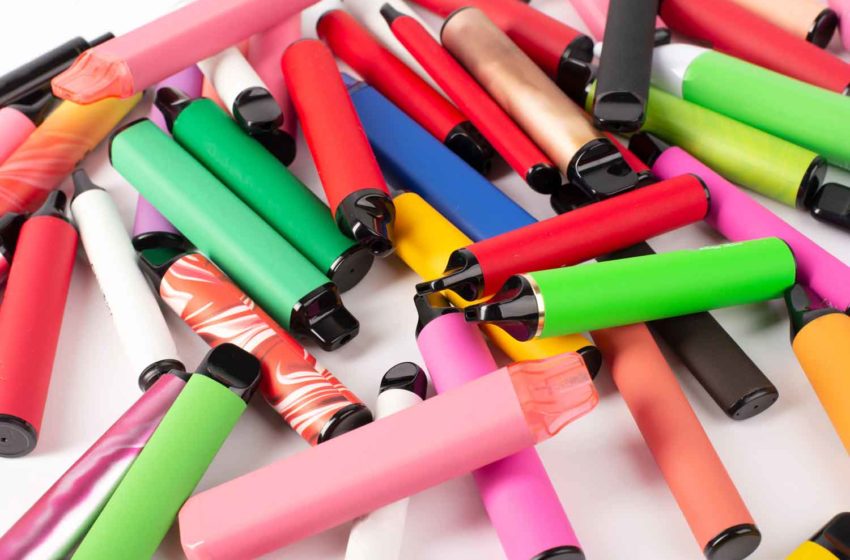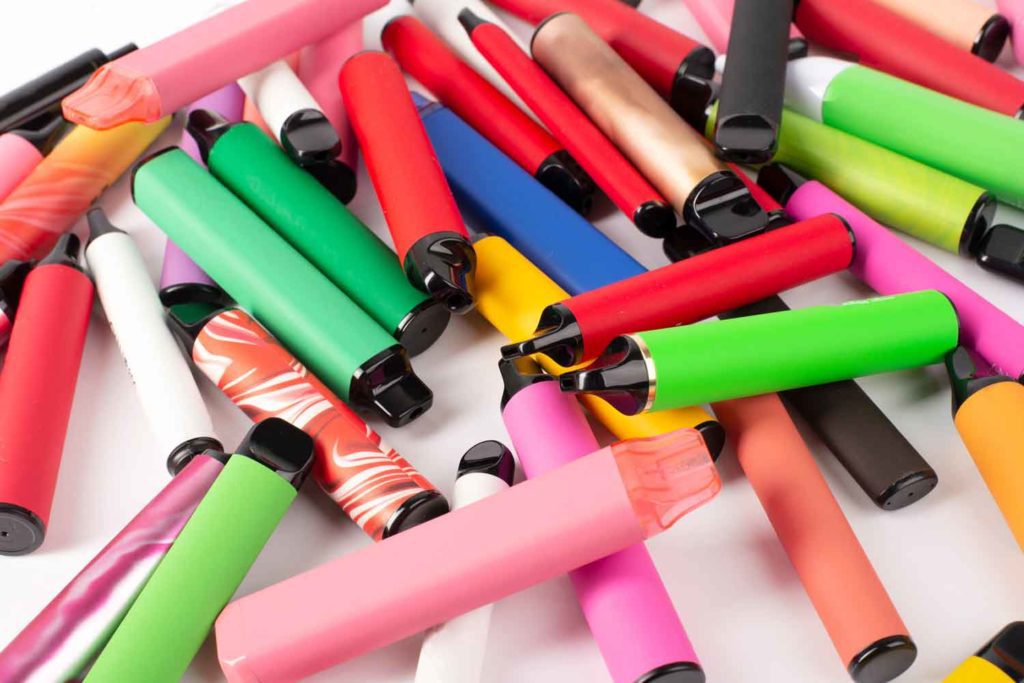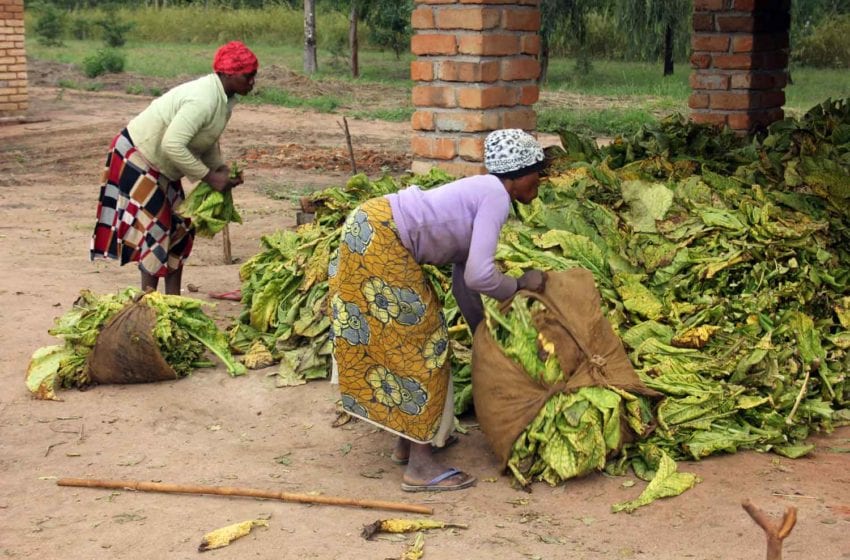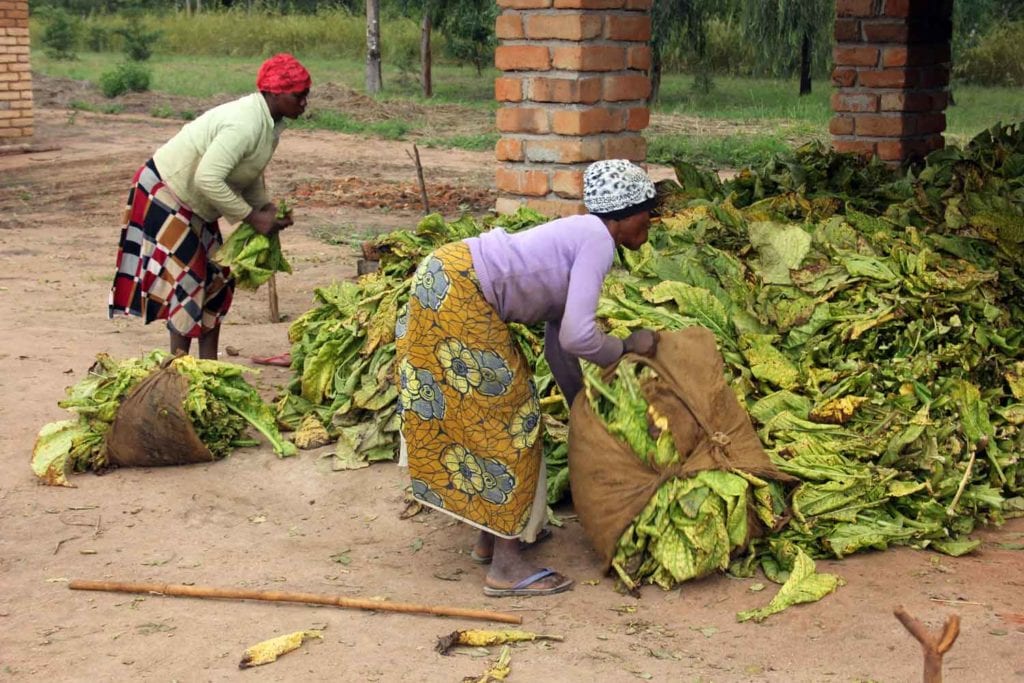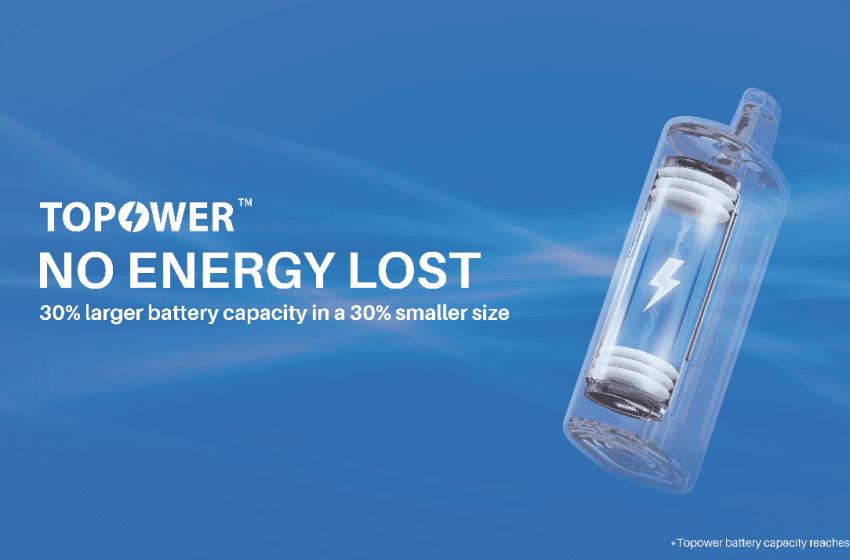
Twenty U.S. representatives are urging the Food and Drug Administration to reconsider the proposed ban on menthol cigarettes and flavored cigars, reports CSP. The ban would exacerbate existing illicit trade of tobacco products, according to a letter sent to FDA Commissioner Robert Califf.
A final rule is set to be published in August but would not go into effect until at least next year.
“When Congress enacted the Tobacco Control Act in 2009, the intent was for the FDA to use regulation to ensure proper oversight of the tobacco industry. When prohibition-based actions result in large illicit markets, it causes more risk for Americans, more crime, more burden on law enforcement and more opportunities for policy and community conflict,” the letter said. “We urge FDA to take illicit markets seriously. The FDA can do this by using regulation to safely meet adult consumer demand while also establishing controls on how those products are marketed to protect kids. We urge you to reconsider FDA’s proposed rules on menthol cigarettes and flavored cigars and refrain from any further prohibition-based actions that threaten to expand illicit markets.”
The proposed ban would result in about one-third of all cigarettes sold in the U.S. becoming illegal, according to the letter, highlighting concern that the ban would lead to a similar illicit market to vapor products.
“With this prohibition-based approach, we now see thriving illicit e-vapor markets all over the U.S.,” the letter stated, pointing to states that have enacted flavor bans. “These markets include illegal products with some of the highest incidence of underage use; products made in Chinese manufacturing facilities with no FDA oversight; products being illegally smuggled over U.S. borders and through U.S. ports; products being trafficked in violation of state and local criminal laws; and products being sold without age verification.”
The letter was signed by U.S. Representatives John Rutherford, Don Bacon, David Valadao, Ben Cline, C. Scott Franklin, Troy Nehls, Richard Hudson, John Rose, Jerry Carl, Eric “Rick” Crawford, Daniel Meuser, Andrew Garbarino, Debbie Lesko, Byron Donalds, Mike Ezell, David Rouzer, Anthony D’Esposito, Kat Cammack, Diana Harshbarger and Jeff Duncan.


